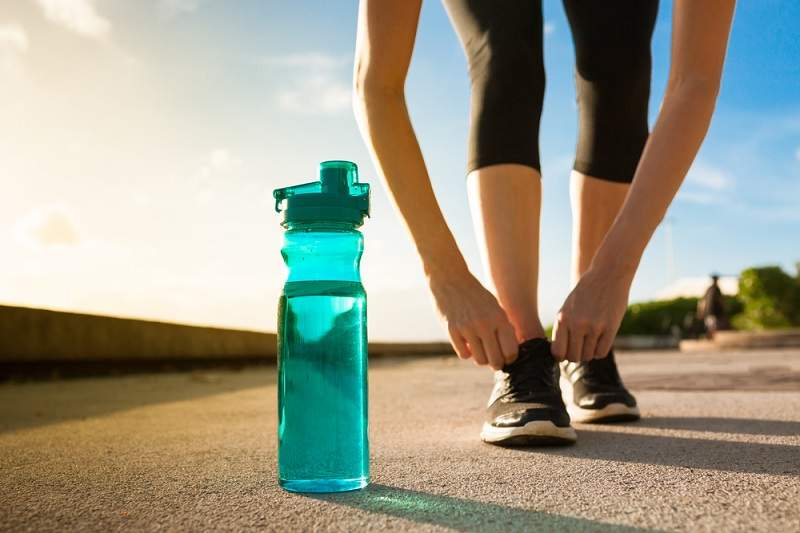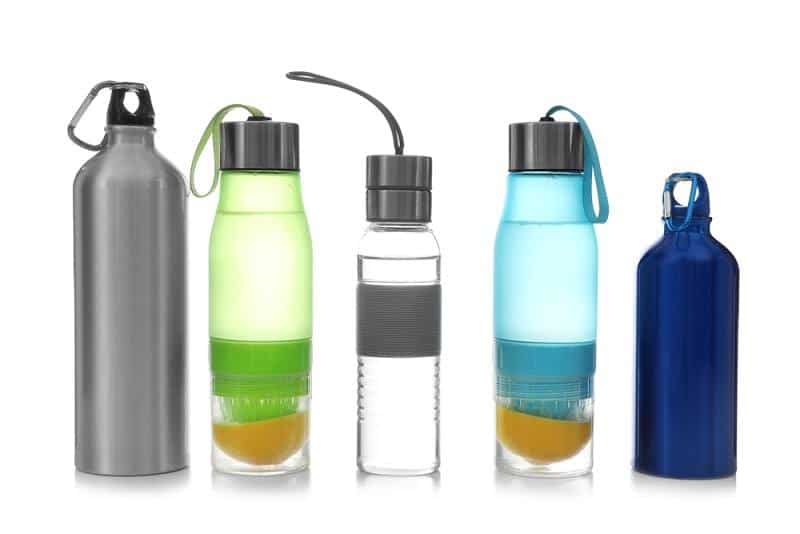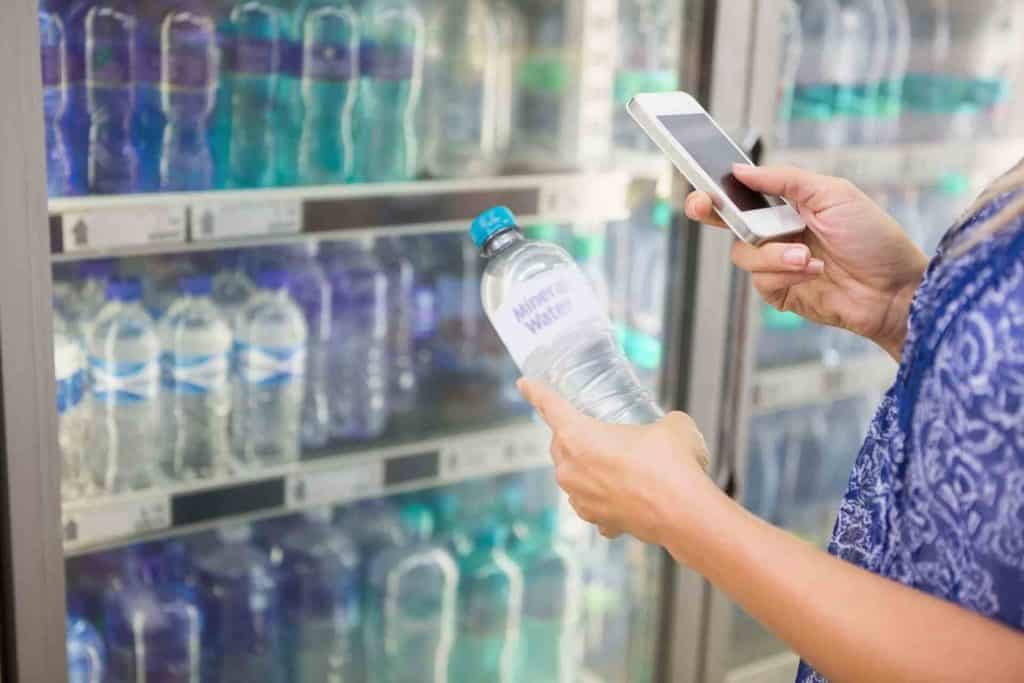Best Handheld Water Bottles For Running – 2021
Best Reusable Water Bottles Reviews – 2023
Best Unbreakable Water Bottles To Buy
How to Find Retailers for Water Bottles
Best Glass Water Bottle Reviews in 2023
Introduction
Water bottles are essential for staying hydrated on the go. With so many options available, it can be difficult to choose the right one. In this guide, we’ll explore the different types of water bottles and their benefits. We’ll also provide tips for choosing the perfect water bottle for your needs and share some best practices for using and caring for your water bottle.
Types of Water Bottles
Plastic Water Bottles
- Affordable and lightweight
- Easy to find and widely available
- Some plastic water bottles may contain harmful chemicals, so be sure to choose BPA-free options
- Not as durable as other options
Stainless Steel Water Bottles
- Durable and long-lasting
- Keep drinks hot or cold for longer periods of time
- Can be heavier than other options
- Some models can dent or scratch easily
Glass Water Bottles:
- Environmentally friendly and free of harmful chemicals
- Easy to clean and maintain
- Can break or crack if dropped
- Not insulated, so drinks may not stay cold for as long as other options
Collapsible Water Bottles:
- Convenient for travel and storage
- Can be lightweight and easy to pack
- Not as durable as other options, and may not hold up well over time
Choosing the Right Water Bottle
When choosing a water bottle, consider the following factors:
- Size: How much water do you want to carry with you?
- Material: Which material suits your needs and preferences?
- Features: Do you need a bottle with a straw, a loop for carrying, or an insulated design?
- Brand and Price: Do you have a preferred brand or price range in mind?
Best Practices for Using and Caring for Your Water Bottle:
- Clean your water bottle regularly with soap and water, or use a specialized bottle brush for hard-to-reach areas.
- Don’t leave your water bottle in direct sunlight or in a hot car, as this can affect the quality of your drink and damage the bottle.
- Avoid using your water bottle to store other liquids or food, as this can leave behind residue and affect the taste of your water.
- Consider investing in a water bottle with a replaceable lid or spout, as these can wear out over time and need to be replaced.
FAQs
How often should I replace my water bottle?
It’s a good idea to replace your water bottle every 6 to 12 months, depending on the material and how frequently you use it.
Can I put my water bottle in the dishwasher?
Check the manufacturer’s instructions to see if your water bottle is dishwasher safe. Some materials, such as stainless steel, may require hand washing.
Can I put hot liquids in my water bottle?
This depends on the type of water bottle you have. Glass and stainless steel bottles are typically safe for hot liquids, but plastic bottles may not be.
Conclusion
Water bottles are an essential tool for staying hydrated on the go. By considering your needs and preferences, you can choose the perfect water bottle to suit your lifestyle. Remember to follow best practices for using and caring for your water bottle to ensure that it lasts for years to come. Whether you prefer plastic, stainless steel, glass, or collapsible water bottles, there is a perfect option out there for everyone.




